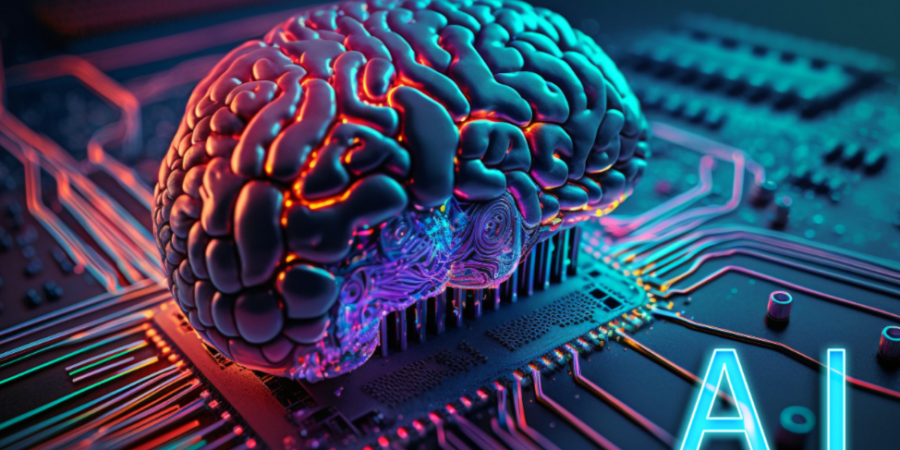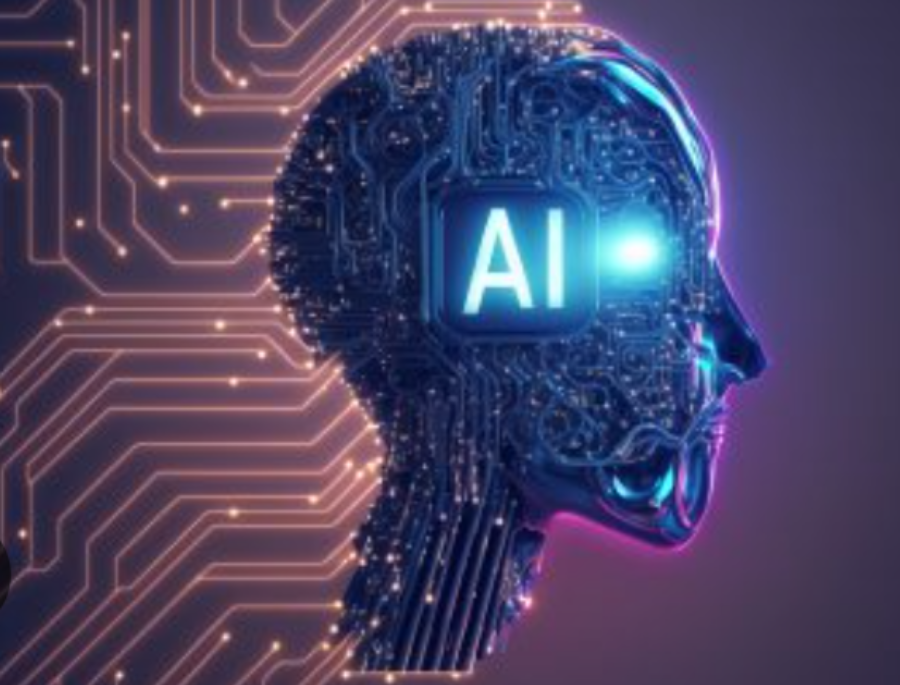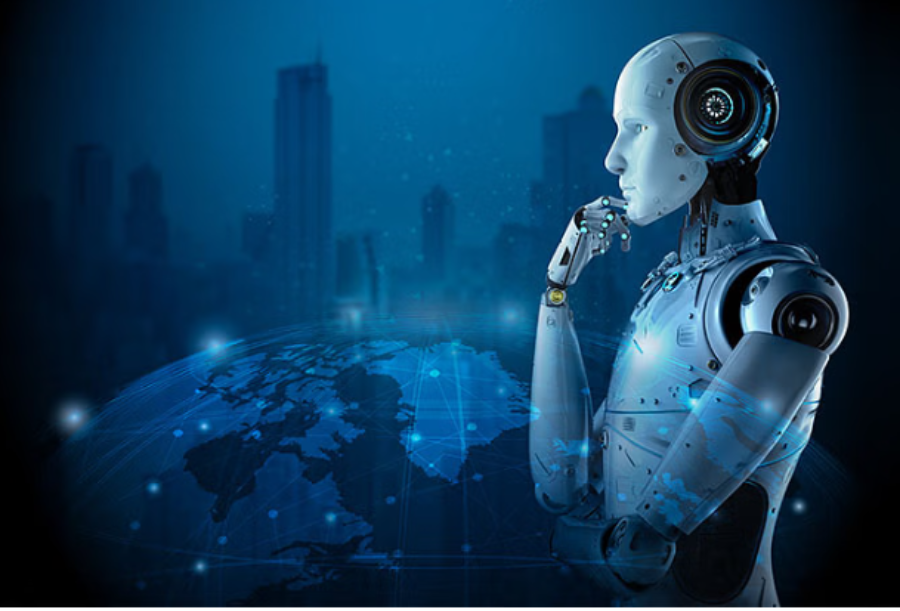

Introduction
Welcome to the exciting field of artificial intelligence (AI), where the limits of technology and human potential are being pushed. From self-driving vehicles to virtual assistants, artificial intelligence is transforming industries and the way people live, work, and communicate. In this blog, we'll look at the fundamentals of AI, its influence on society, and the exciting opportunities that lie ahead.
1. What exactly is AI?
At its core, artificial intelligence is the replication of human intelligence processes by technology, principally computers.
These processes include learning (the acquisition of knowledge and the rules for utilizing it), reasoning (the application of rules to obtain approximate or definite conclusions), and self-correction. AI systems might be as simple as a recommendation algorithm for a streaming service or as complicated as Autonomous cars navigate city streets.
2. Types of AI
AI is commonly classified into three major types:
Narrow AI (Weak AI): This is the most popular type of AI, which is meant to execute a specific task, such as facial recognition or web searches. It succeeds at specialized tasks but lacks overall comprehension or consciousness.
General AI (Strong AI): This theoretical AI would be able to understand, learn, and apply intelligence in a wide sense, much like human cognitive capacities. While it is still a matter of debate and study, we are nowhere near to creating General AI.
Superintelligent AI: This is a potential future AI that outperforms human intellect in every area, from creativity to problem solving. The ethical and existential consequences of such a being are intensely debated. Among specialists.
3. How AI is Transforming Industries.
AI's influence on numerous industries is profound:
Healthcare: AI-powered diagnostic technologies and predictive analytics are improving medical research and patient outcomes. Systems such as IBM Watson may examine medical literature and patient data to help clinicians diagnose and cure ailments.
Finance: Algorithms are employed for a variety of purposes, including fraud detection and portfolio optimization. AI-powered chatbots are also enhancing customer service at banks.

Artificial intelligence has transformed personalized shopping experiences and inventory management in the retail industry. Recommendation engines recommend items based on previous purchases and browsing history, whilst automated systems handle inventory and logistics.
Transportation: Autonomous cars are on the way, offering safer and more efficient transportation. Artificial intelligence is also improving traffic management and public transportation systems. 4. Ethical considerations.
With immense power, comes great responsibility. AI brings various ethical concerns:
Bias and Fairness: If not properly controlled, AI systems can perpetuate or even exacerbate existing prejudices. Ensuring fairness and openness in AI systems is critical for preventing prejudice.
Privacy: AI systems gather and analyze personal data, which raises privacy issues. Finding a balance between innovation and individual rights is critical.
work displacement: Automation and artificial intelligence have the potential to disrupt a variety of work marketplaces. Preparing for this transition through education and retraining programs is critical.
5. The Future of AI.
The future of AI has both intriguing prospects and challenges:
Continued Innovation: AI research is growing quickly, resulting in advancements in fields such as natural language processing and machine learning. Expect to see. AI systems will become increasingly smart and competent in the coming years.

Human-AI Collaboration: Rather than replacing humans, AI is increasingly viewed as a tool for enhancing human talents. Collaborative AI, which involves robots and humans working together, has the potential to boost productivity and innovation.
Regulation and Governance: As AI becomes increasingly integrated into society, extensive legislation and ethical norms will be required to ensure responsible research and deployment.
Conclusion
Artificial intelligence is no more a faraway ideal; it is a living, ever-changing reality that is influencing our world. As we approach the peak of this technological revolution, embracing AI's potential while tackling its problems will be critical to navigating the future. Whether you're a tech enthusiast or just interested about the newest trends, keeping up with AI will assist you in understanding and using its transformational potential.
Stay tuned for additional AI insights and updates as we continue to investigate this rapidly growing field. If you have any questions or opinions about AI, please leave a comment or contact us. Let us welcome the future with curiosity and responsibility.
